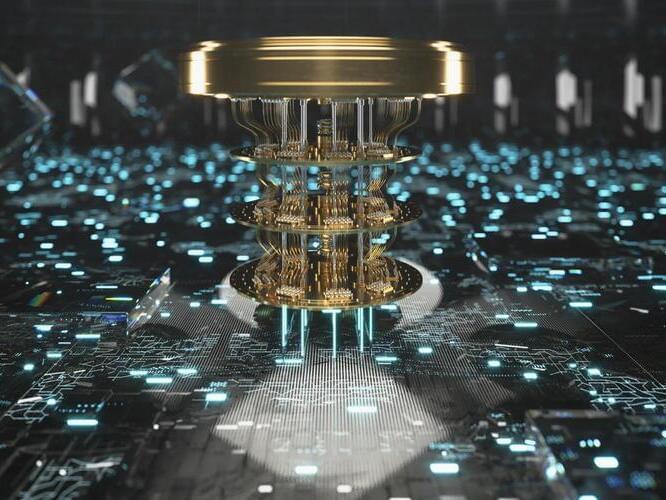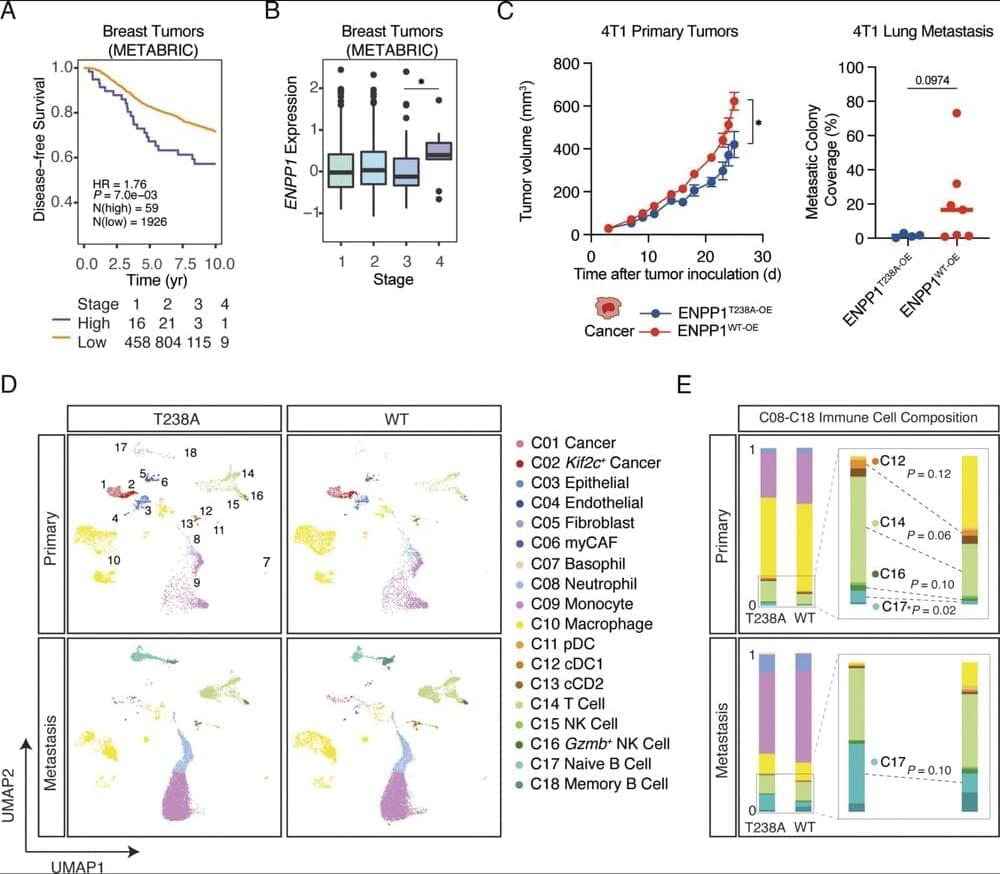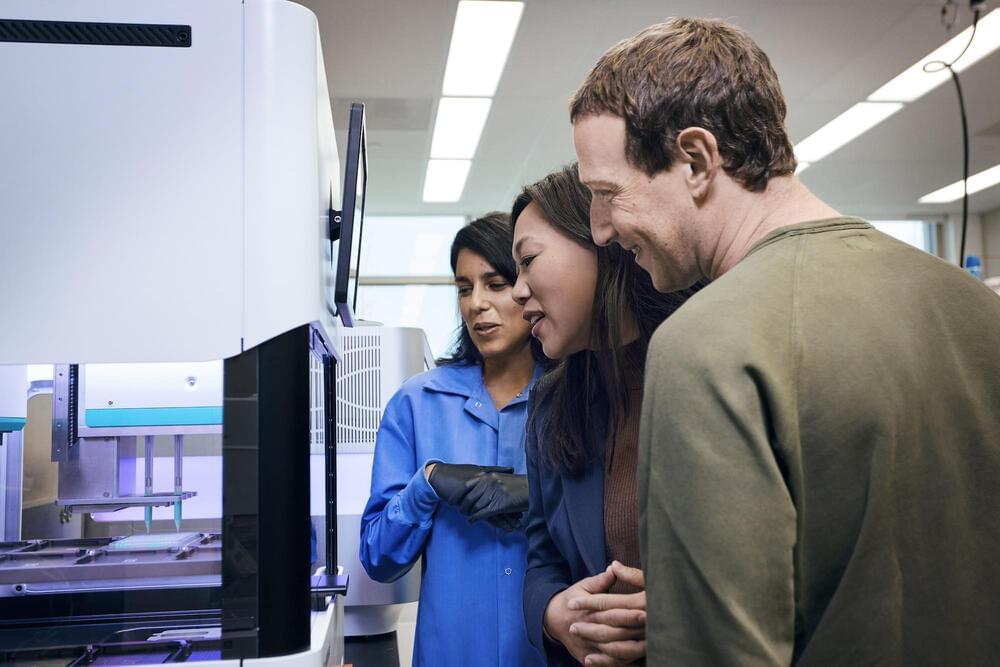Advanced Functional Materials, part of the prestigious Advanced portfolio and a top-tier materials science journal, publishes outstanding research across the field.



Over the past twenty years, many companies, including Google, Microsoft, and IBM, have invested in quantum computing development. Investors have contributed over $5 billion to this cause. The aim is to use quantum physics properties to process information in ways that traditional computers cannot. Quantum computing could impact various fields, including drug discovery, cryptography, finance, and supply-chain logistics. However, the excitement around this technology has led to a mix of claims, making it hard to gauge the actual progress.
The main challenge in developing quantum computers is managing the ‘noise’ that can interfere with these sensitive systems. Quantum systems can be disrupted by disturbances like stray photons from heat, random signals from nearby electronics, or physical vibrations. This noise can cause errors or stop a quantum computation. Regardless of the processor size or the technology’s potential uses, a quantum computer will not surpass a classical computer unless the noise is controlled.
For a while, researchers thought they might have to tolerate some noise in their quantum systems, at least temporarily. They looked for applications that could still work effectively with this constraint. However, recent theoretical and experimental advances suggest that the noise issue might soon be resolved. A mix of hardware and software strategies is showing potential for reducing and correcting quantum errors. Earl Campbell, vice president of quantum science at Riverlane, a UK-based quantum computing company, believes there is growing evidence to be hopeful about quantum computing’s future.




What changes in cells lead to breast cancer? Scientists now have access to the world’s most comprehensive atlas of healthy breast tissue to help answer this question. 7 years in the making, the Human Breast Cell Atlas is helping scientists better understand breast cancer and other diseases to find new treatments.

In three patients with Alzheimer’s disease, focused ultrasound was applied with aducanumab therapy. Reduction in amyloid was greater in treated regions than in matched contralateral regions over 6 months. Read the full report:
Original Article from The New England Journal of Medicine — Ultrasound Blood–Brain Barrier Opening and Aducanumab in Alzheimer’s Disease.
This morning in breaking news, Brett Adcock CEO of Figure Robotics, dropped a mind-blowing demo showing that their Figure 1 robot can now do end-to-end AI training. This demo of the bot now able to make coffee is just one of many applications that they are promising the bot can do. Robotics expert Dr. Scott Walter does a comparison with Tesla Bot and Google’s Mobile ALOHA Scott Walter is an Aerospace Engineer with a Ph.D. in Mechanical Engineering and has co-founded two robotics companies Follow Scott on X @GoingBallistic5 Get Free TESLA Milestone Tables M.

Hmmm I wonder if this can lead to allergies and inflammation. I googled it. Yes it can lead to allergies. Maybe that’s why I can’t drink coffee anymore or Earl Grey Tea. Another Google search says it can lead to inflammation which causes a lot of health problems.
You may think that artificial sweeteners can help you lose some weight, but a new study finds they are no good for your gut’s microbiome.
People who use aspartame (Equal), sucralose (Splenda), saccharin (Sweet’N Low), or stevia leaf extract tended to have intestinal bacteria colonies that differed significantly from those of people who didn’t use sugar substitutes, researchers found.
They had less rich colonies of bacteria in their small intestines or, even worse, higher levels of bacteria that churn out harmful toxins.

“Rather than seeing the organization as a machine, we need to see it as a collection of clever apes.” Psychologist Robin Dunbar’s latest book argues companies are social groups that can’t be perfected like a machine.
What is it about working life that can make us feel so alienated and isolated, and what can we do to prevent it? In The Social Brain: The Psychology of Successful Groups, the evolutionary psychologist Robin Dunbar joins forces with Tracey Camilleri and Samantha Rockey, associate fellows at Oxford’s Saïd Business School, to apply Dunbar’s own scientific discoveries about human cooperation to our work lives. The idea is that, in order to perform our jobs more effectively, we need to go with, and at times go against, the grain of human nature. The authors home in on what makes us best work together, given the central importance of groups throughout our evolutionary history.
Dunbar spent the better part of two decades, starting in the 1970s, studying wild monkeys in Africa to understand why some species develop their own societies. His close contact with our primate cousins gave him a new perspective from which to approach questions about human nature, and that led him, in 1998, to propose the “social brain hypothesis”—the idea that keeping track of who’s who, and cooperating effectively, takes considerable brain power.